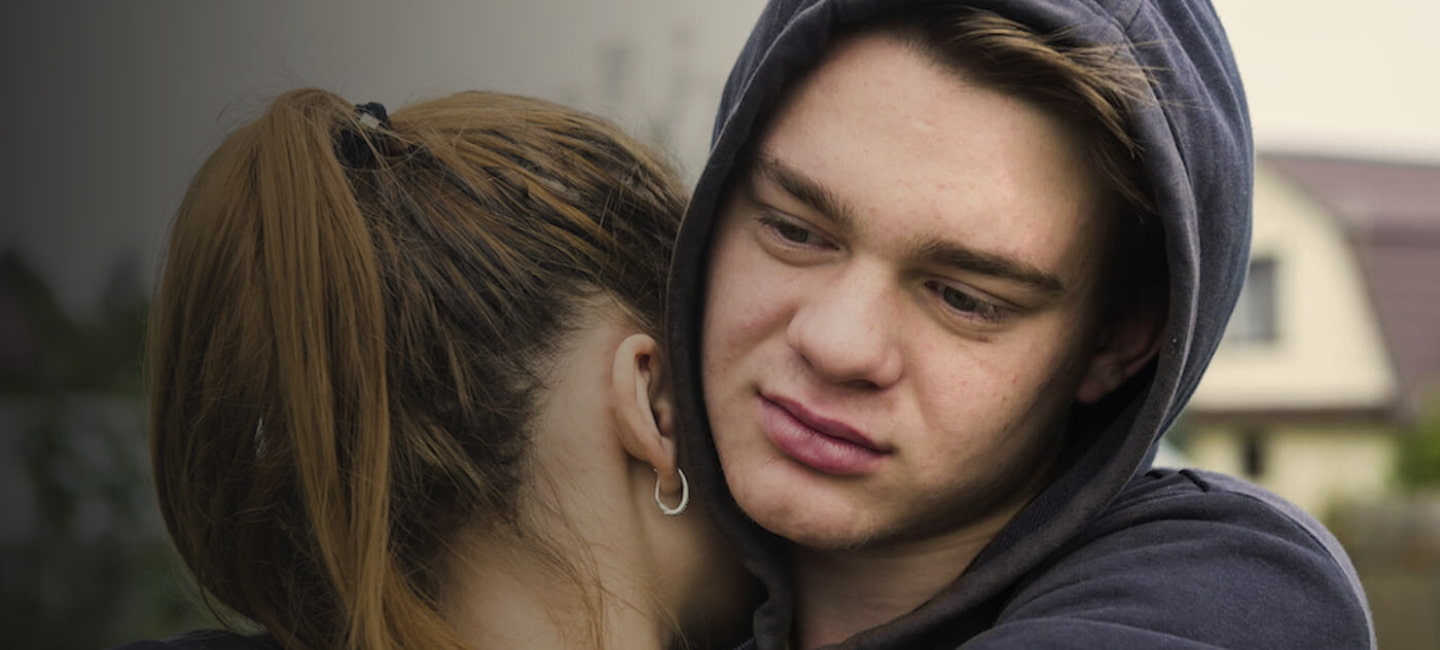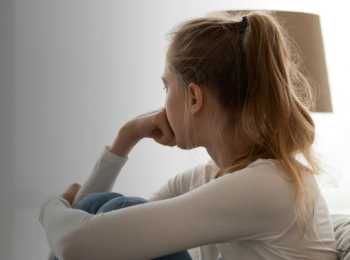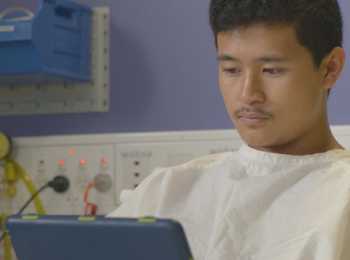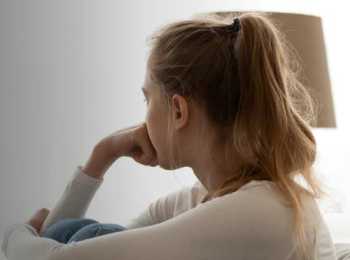Your relationship with your partner/s can change during and after cancer treatment. Some couples find that going through cancer makes their relationship stronger and brings them closer together.
But living with cancer puts pressure on everyone. Young people do not expect their partner/s to be diagnosed with cancer. Like you, your partner/s is probably feeling scared, sad, worried, angry, overwhelmed and confused.
They might even seem to struggle more than you do. They will want to make things better for you and might feel helpless and frustrated when they can’t make it all go away.
With all the stress of what’s happening, you might not be getting on as well as you used to. You may expect that your partner/s should be able to read your mind and know what you want. You might feel upset or angry if your partner doesn’t know the best way to handle things.
Your relationship/s might change in different ways. And sometimes it might not last. Keep in mind that everyone responds to stress in a personal and sometimes unpredictable way.
Some things that might happen include:
- Your partner/s may overwhelm you by trying to protect you and not let you do anything for yourself. This can leave you feeling frustrated or helpless.
- Your partner/s seems to be withdrawing or avoiding talking about your diagnosis. Some people cope by blocking out situations that are too painful to think about. This can hurt.
- Your partner/s might not feel like they can handle the situation and give you what you need right now, and you find yourself alone.
- You worry about how your partner/s will react to scars, changes to your sex life and potentially a loss of fertility, and you become shy or withdrawn.
- Your attitude towards things and your outlook on life changes because of your experience and this affects your relationship/s.
- You and your partner’s feelings and attitudes about your diagnosis may not be in sync. One of you might feel hopeful while the other feels more pessimistic. This can make it hard for you to make decisions together about your treatment.
- You feel that you just don’t have the energy to put into a relationship as well as deal with cancer treatment.
- Remember, your partner/girlfriend/boyfriend has a choice. If they are with you, wanting to look after you, then let them. If you are worried they are only staying with you because they feel sorry for you, then talk about it openly and honestly.
Whatever happens, it’s important to remember that it’s not your fault that you have cancer. Also, try to keep in mind that your partner/s have a choice to be there with you. If they are offering to look after you – then let them. People often feel better when they have a job to do as it helps them feel like they can be supportive in a tough situation. If you have any doubts about how your partner is feeling about your relationship, talk to them about it. In any relationship, you need to be open and honest. Some couples benefit from seeing a relationship counsellor to support their relationship/s and help with communication.
It is normal for partners to need some extra support while their loved one is going through cancer. Canteen has a resource for partners and counselling can also help. Your partner can speak to their GP about getting a mental health treatment plan, which will enable them to get support from a private psychologist or through Canteen (free of charge).
Sharing is caring
Hiding emotions can create distance between partners. It’s normal that you and your partner/s won’t always feel the same way. Talk about your differences and respect their feelings without criticism or blame. Try to remember that everyone has different ways of dealing with tough situations.
Things that can help include:
- Try to still talk about everyday things. You don’t always have to talk about cancer.
- Do something special for each other and plan time to be together.
- Find ways to get your partner/s involved as they may be feeling helpless.
- Laugh and cry together.
- Try to do things you used to enjoy as a couple, such as going to the movies, or have a home picnic if your energy is low. These activities might look different but use these times to remember what brought you together and connected you initially.
- Sharing Canteen’s Guide to supporting your partner when they have cancer with your partner can be a great way to start a conversation too.
Dating when you have cancer
Dating and starting new relationships can be hard enough at the best of times! But after a cancer diagnosis, it may seem almost impossible.
You may be feeling sick, exhausted and self-conscious about changes in how you look, and going out and hooking up with new people can seem daunting.
But finding an opportunity to socialise and meet new people may boost your self-confidence and help you to feel like things are ‘normal’.
You may like to try a new fitness class, book club, art class or join a dating or friendship app. These activities might help you become more comfortable around new people, especially if you have physical signs of cancer such as hair loss, scars or an amputation.
Not every new relationship will work out, but that is also true without cancer in your life.
When to tell your new partner/s
It can be difficult to tell people that you’ve had cancer or that you have had part of your body, like a breast or testicle, removed. Deciding when to tell a new partner about your diagnosis experience is a personal choice.
Here are some tips:
- You may want to wait until you think the relationship could become serious before sharing the information.
- Pick a time to talk to your partner when you are both relaxed.
- Try practising what to say beforehand.
- You could tell them about and show them any physical changes before any sexual activity so you can both get used to how that makes you feel.
- Be honest about your concerns and encourage them to be honest about theirs.
What about sex?
Cancer can affect your sexuality (including your body image and libido or desire) and your sex life.
Generally, unless your doctor tells you not to, there is no reason why you cannot have sex while receiving treatment for your cancer. But, depending on the treatment you are having, you may have to take particular precautions.
It’s also normal to feel ‘washed out’ and not have a lot of energy for many months, feel unattractive, or have treatment side effects that impact on your sex life. It’s important to talk to your partner about how you feel. You can still have a great relationship without having sex.


















